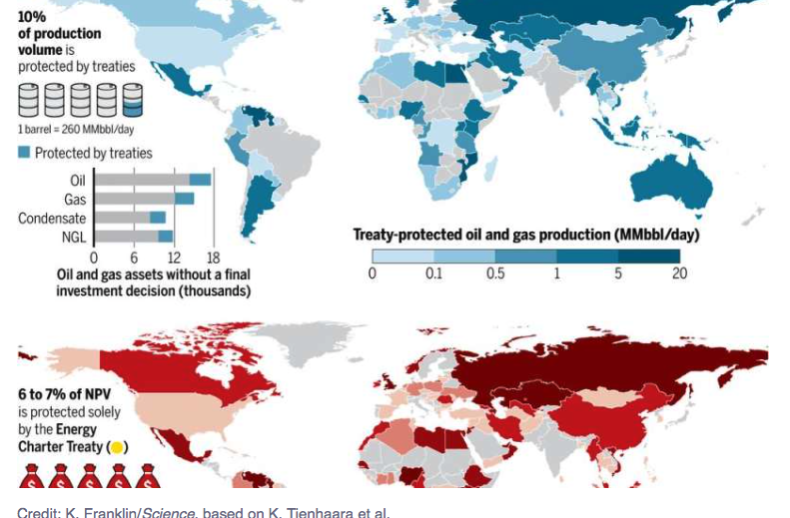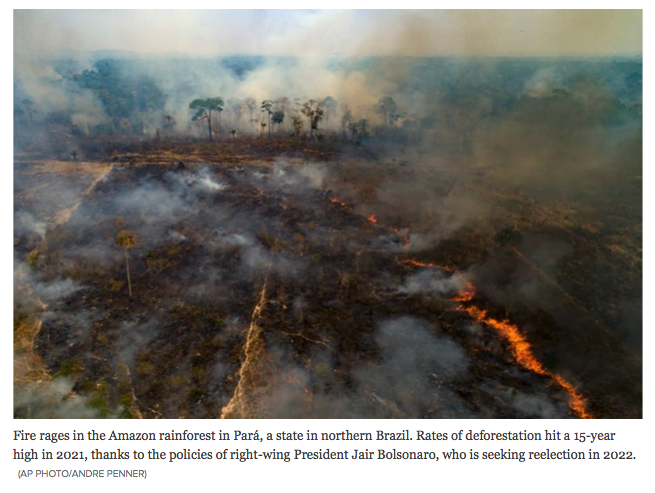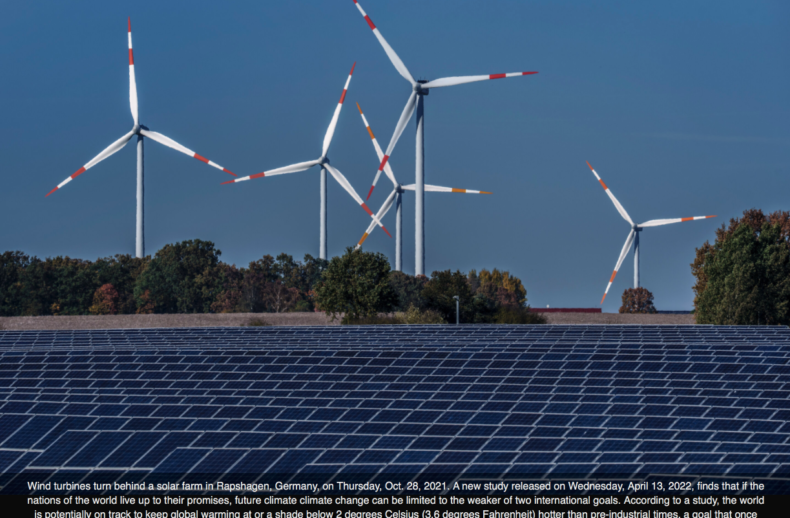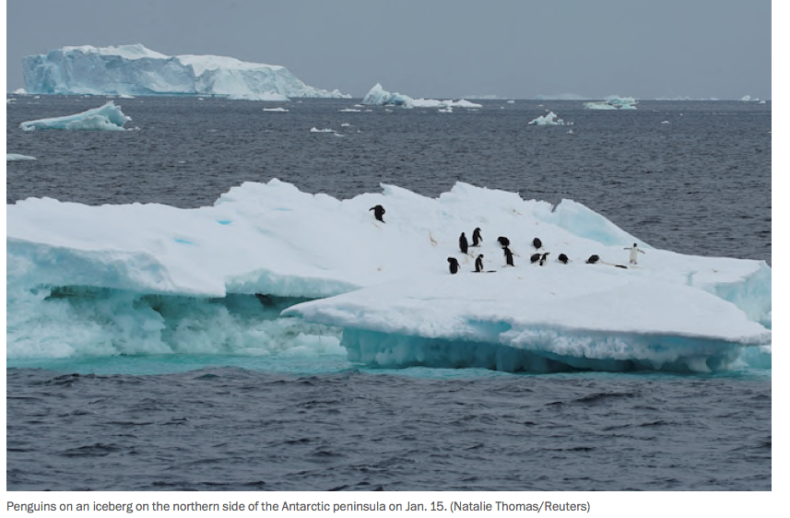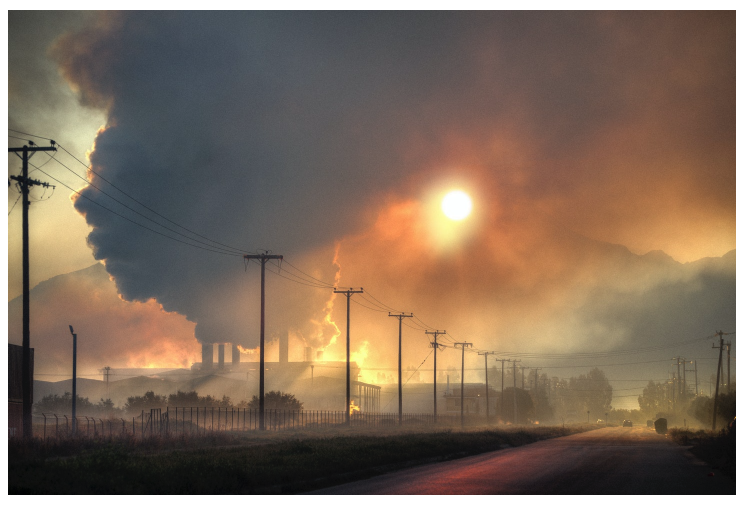Fossil fuel companies have access to an obscure legal tool that could jeopardize worldwide efforts to protect the climate, and they’re starting to use it. The result could cost countries that press ahead with those efforts billions of dollars.
The treaties allow investors to sue governments for compensation in a process called investor-state dispute settlement, or ISDS. In short, investors could use ISDS clauses to demand compensation in response to government actions to limit fossil fuels, such as canceling pipelines and denying drilling permits. For example, TC Energy, a Canadian company, is currently seeking more than US$15 billion over U.S. President Joe Biden’s cancellation of the Keystone XL Pipeline.

